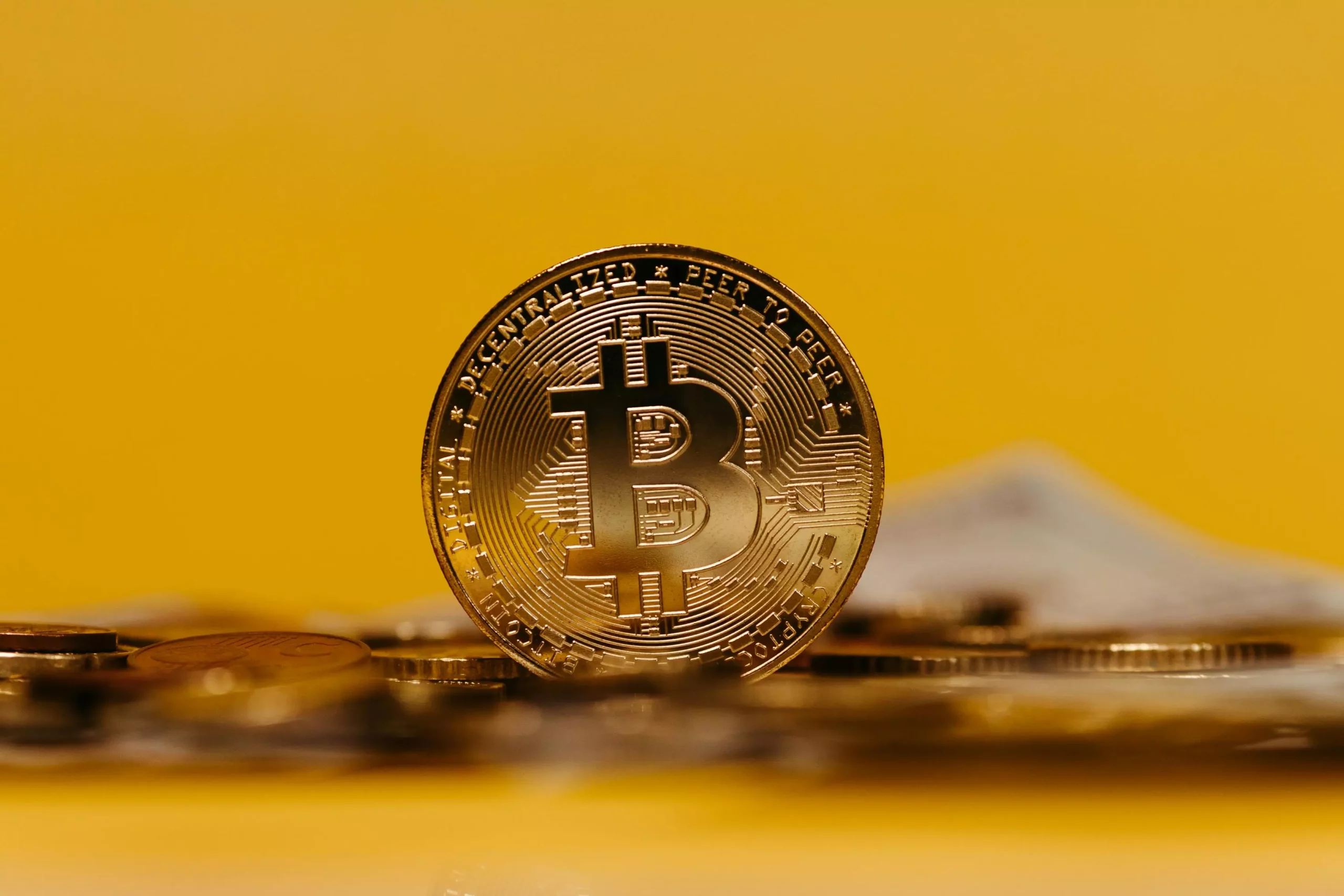The rise of cryptocurrencies represents a transformative shift in financial infrastructure, drawing interest from various sectors, including political leaders. Recently, the suggestion of creating a U.S. Bitcoin Strategic Reserve has sparked heated discussions within the crypto community and broader economic circles alike. Advocates argue that such a reserve could position the U.S. as a frontrunner in the global cryptocurrency market. Yet, amidst this enthusiasm, skepticism persists, particularly regarding the feasibility and strategic importance of such a reserve under an administration led by Donald Trump.
While some see potential in the Bitcoin Strategic Reserve, experts like Ki Young Ju, CEO of CryptoQuant, remain doubtful. Young Ju explicitly articulates his reservations, emphasizing that the likelihood of such a reserve receiving the green light from Trump’s incoming administration is slim. He points to the United States’ current economic stability and the dollar’s status as a safe-haven currency, suggesting that these factors will weigh heavily on the administration’s decision-making process regarding cryptocurrency.
Historically, the U.S. has exhibited a pattern of rising gold prices in response to perceived threats to its economic supremacy. During the late 1990s, figures like Peter Schiff argued fervently for gold as the only true form of money. This historical context casts a long shadow over current discussions, highlighting a consistent reluctance among U.S. authorities to fully embrace alternatives like Bitcoin, unless their dominance is explicitly challenged.
Young Ju delves deeper into the dynamics of global economic confidence. He posits that, despite the traction cryptocurrencies have gained, there is currently no palpable threat to U.S. economic hegemony. The fact that the U.S. processed 37.8% of the world’s Bitcoin transactions in 2022 reinforces its significant positioning in the crypto sector, yet this monopoly may inhibit aggressive changes in policy concerning Bitcoin.
The capacity to manipulate Bitcoin’s status as a store-of-value asset hinges on investor sentiment toward the U.S. economy. Young Ju argues that only if confidence wanes and a genuine threat to dollar supremacy emerges would cryptocurrencies and precious metals like gold surge in value as alternatives. He stresses that current market indicators reflect unwavering faith in the U.S. financial system, which complicates the prospects of Bitcoin being integrated into official economic strategies.
One critical point raised by Young Ju is the potential for a shift in Trump’s perspective on cryptocurrencies based on the political climate. As any seasoned political figure knows, public sentiment can pivot rapidly, especially in light of economic indicators and approval ratings. If Trump were able to solidify an image of robust economic performance and dollar dominance, there may be little incentive for him to maintain a strong pro-Bitcoin stance. This could lead him to create distance from cryptocurrency advocacy, potentially citing evolving priorities while still trying to appease his voter base.
This reality raises questions about the consistency of Trump’s campaign message regarding Bitcoin versus his actions in office. The uncertainty surrounding which commitments he will honor is a source of contention within the crypto community, which thrives on transparency and reliability.
Ultimately, the conversation surrounding a U.S. Bitcoin Strategic Reserve is emblematic of larger struggles between traditional economic paradigms and innovative financial technologies. The skepticism voiced by leaders like Ki Young Ju serves as a cautionary reminder that the crypto sphere operates within a framework shaped by established institutions and longstanding economic principles. As the dust settles on the new administration, it remains to be seen whether Bitcoin will find its place alongside traditional assets or be relegated to a speculative vehicle, perpetually at odds with the economic status quo. The intricate dance between innovation and regulation continues, shaping the future of not just Bitcoin, but the very fabric of the global economy.

